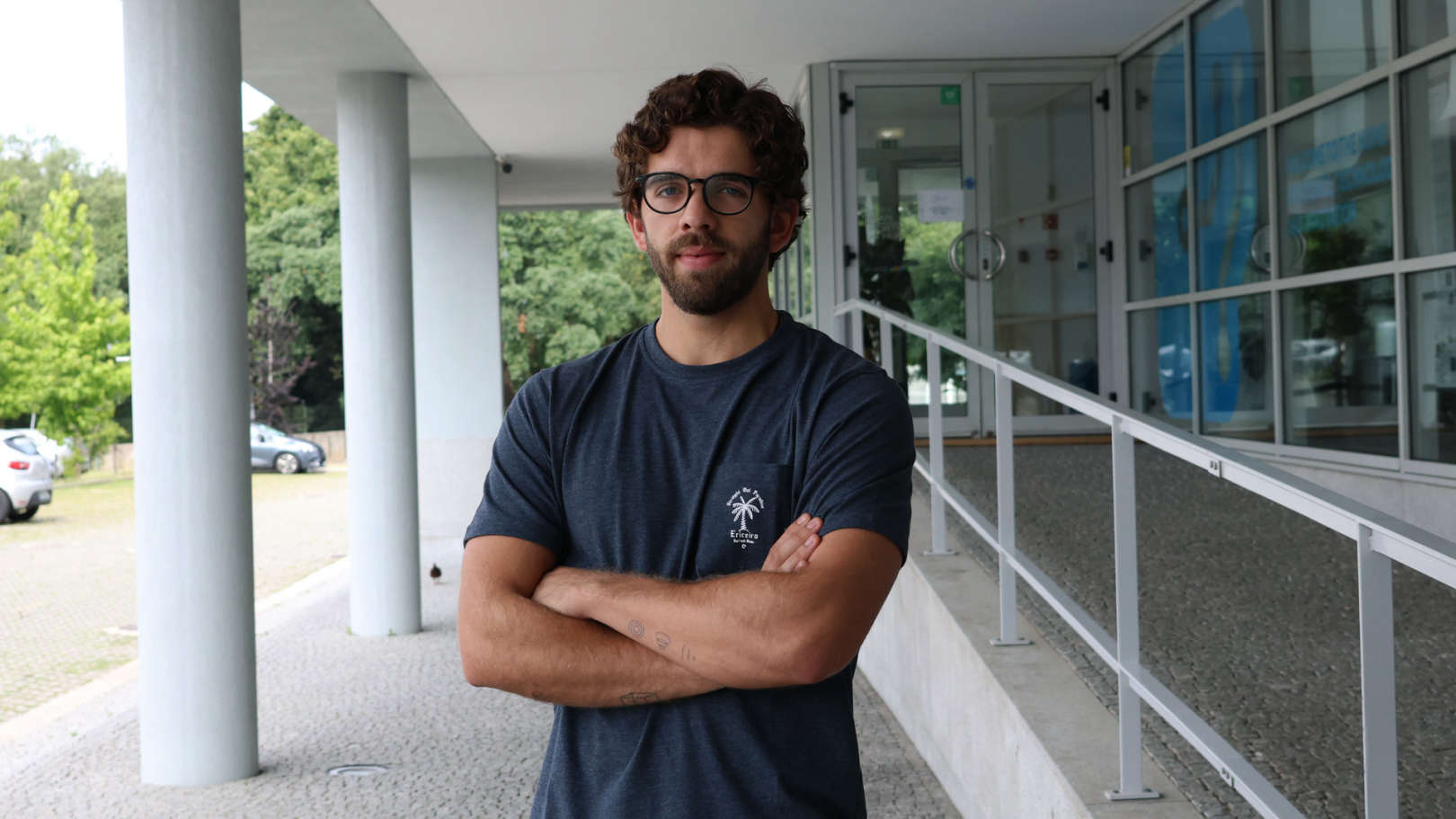About
Rui Sousa was born in 1996 in Santa Maria da Feira. In 2020 he completed his Integrated Masters (BSc+MSc) in Electrical and Computer Engineering at the Faculty of Engineering of the University of Porto (FEUP) with a major in Energy Systems and with a specialization in Renewable Energy.
Since 2021 he is a researcher at INESC TEC in the Power Systems Centre, where he has been participating in European projects and technical consulting activities related to the dynamics and stability of isolated systems with increasing integration of renewable energy.


